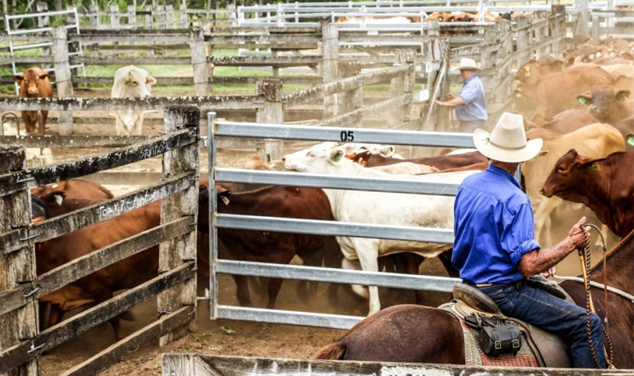
Farmers urged to vaccinate against Q fever
Oct 06, 2020Mid North Coast Local Health District (MNCLHD) is strongly urging farmers and people who work with livestock to get vaccinated against Q fever to guard against being unable to work due to prolonged illness.
Q fever is a bacterial infection carried by animals – such as cows, sheep and goats – and can lead to chronic lethargy that may last for several months
North Coast Public Health Unit Director Paul Corben said a single dose vaccine is recommended for people who work in high-risk occupations, as well as for people aged 15 years and over who could be exposed to Q fever.
“The risk of ongoing health issues, such as chronic fatigue, can really hit individuals and families hard,” Mr Corben said.
“With all the pressure on farmers and livestock handlers with the drought and COVID-19, the last thing we want is for them to be needlessly drained of energy for months on end after being struck down by Q fever.”
People become infected when they breathe in dust particles contaminated by infected animal secretions, which can lead to high fevers and chills, sweating, severe headaches, muscle and joint pains and extreme fatigue.
Mr Corben urged anyone who might be at risk to consult a GP who can screen for Q fever and vaccinate them, if needed.
“We want people to proactively talk to their doctor about Q fever,” he said.
Children who help with farm animals may also be at risk, but the vaccine is not recommended for children younger than 15 years.
Mr Corben said many of the behaviours adopted during COVID-19 can help keep people safe.
“Vigilant hand washing, protective masks, protective clothing and removing clothes worn for chores outside before entering the family home are behaviours to be reinforced because they can protect those who cannot be vaccinated,” he said.
The NSW Government is investing around $1 million between 2018 and 2022 to help protect farmers and other people in rural areas who work with animals from Q fever.
NSW Health is currently delivering an education campaign targeting people in occupations and locations at higher risk of Q fever.
For more information on Q fever, go to the NSW Health website.

